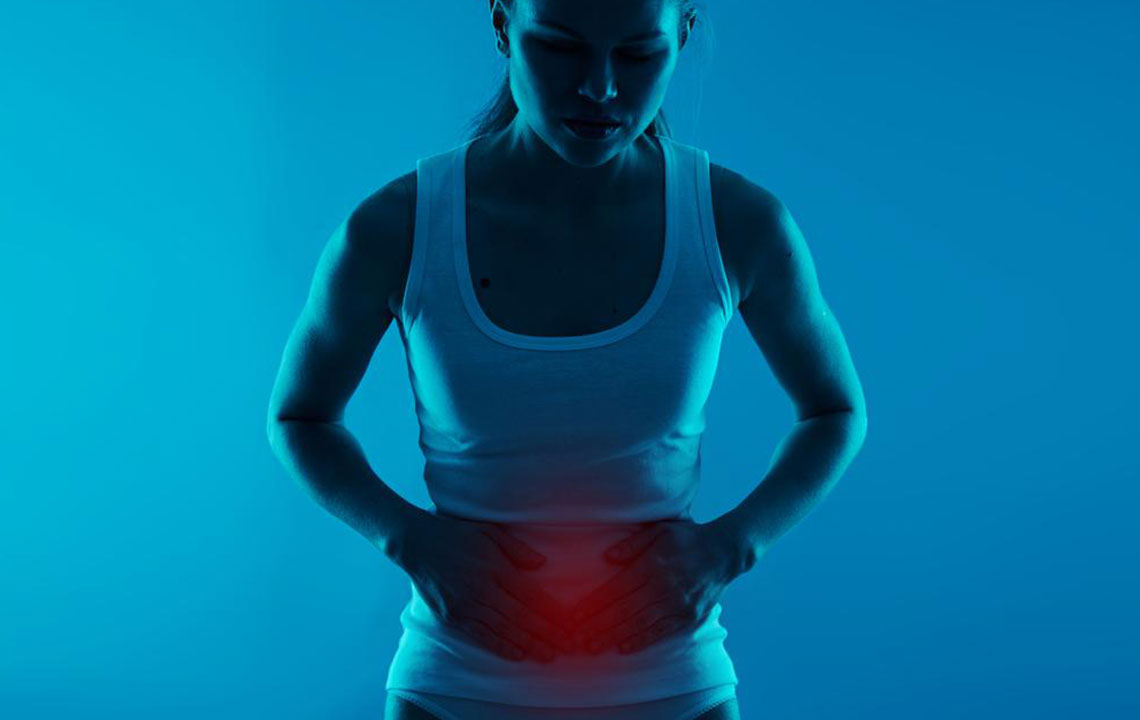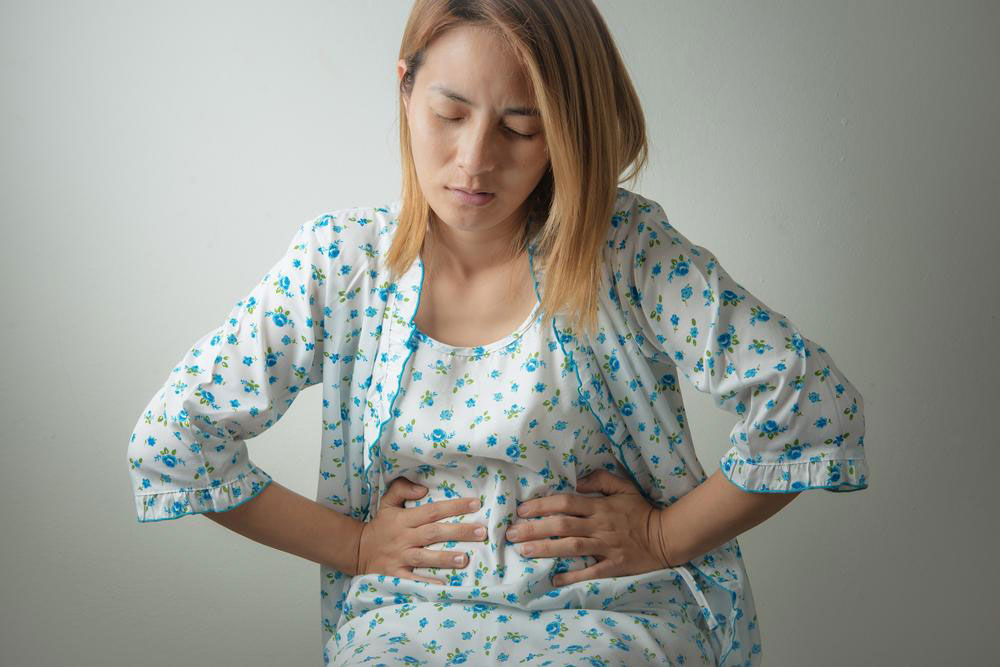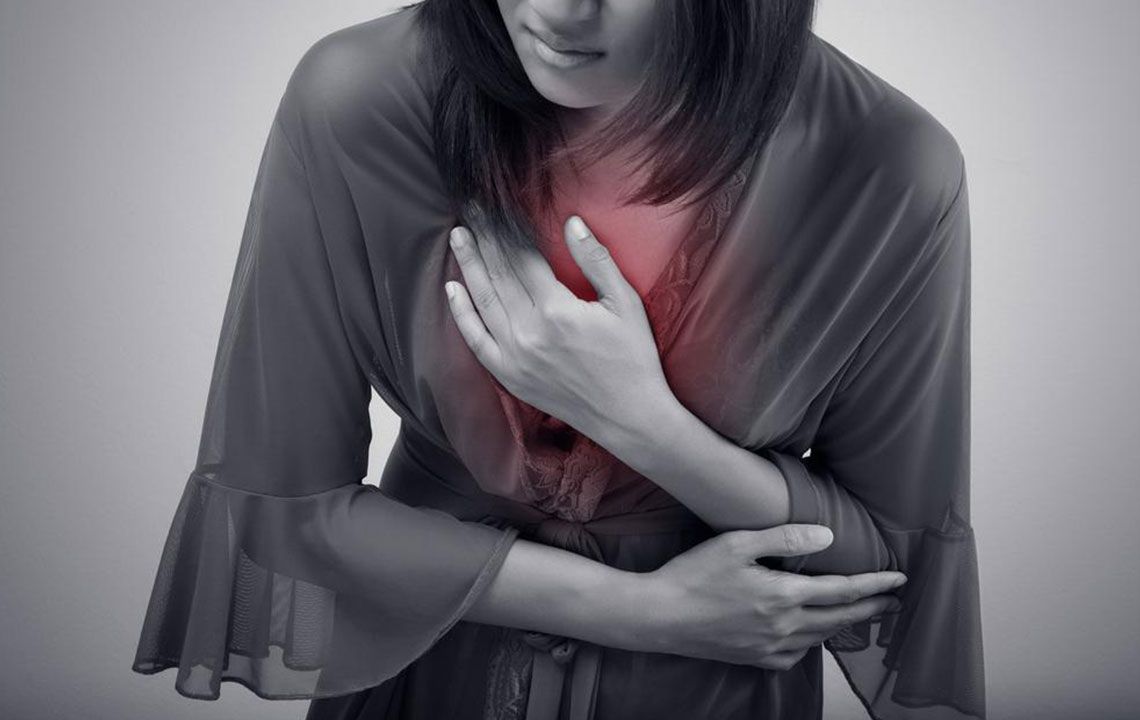Comprehensive Guide to Recognizing and Maintaining Gallbladder Health
This comprehensive guide explores the key signs of gallbladder problems and effective strategies to maintain gallbladder health. It covers symptoms like nausea, pain, and jaundice, along with diagnosis methods and treatment options such as medication and surgery. Emphasizing lifestyle changes like balanced diet and weight management, the article aims to help readers detect early warning signs and take proactive steps for optimal digestive health. Early intervention and healthy habits can prevent serious complications, ensuring overall well-being and a pain-free life.

Essential Signs of Gallbladder Problems and Effective Care Strategies
The gallbladder, a small pear-shaped organ situated beneath the liver, serves a critical role in the digestive system. It acts as a storage reservoir for bile— a vital digestive fluid produced by the liver— and releases it into the small intestine to facilitate the breakdown of fats. Despite its importance, many individuals remain unaware of their gallbladder health until symptoms emerge, often signaling underlying issues that require immediate attention. Understanding the key signs of gallbladder problems and adopting appropriate care routines can prevent severe complications and promote overall wellness.
Gallbladder complications often manifest through a variety of symptoms, some subtle and chronic, others sudden and severe. Recognizing these early warning signs enables timely medical intervention, which can significantly improve outcomes and reduce the likelihood of serious health consequences.
Common indicators indicating potential gallbladder problems include:
Nausea and Vomiting
These are frequent reactions to gallstones obstructing bile flow or inflammation within the gallbladder. Persistent nausea and vomiting, especially after fatty meals, can also suggest gallbladder irritation. Chronic issues may cause continual indigestion, excessive gas, or acid reflux, affecting quality of life.
Abdominal Fullness and Bloating
Many individuals report a sensation of fullness or bloating in the upper right abdomen, often accompanied by mild pain or discomfort. This feeling frequently results from impaired digestion related to gallbladder dysfunction. Loss of appetite and early satiety are additional symptoms often observed in these cases.
Another vital warning sign includes abdominal tenderness— a sign of inflammation or infection within the gallbladder. Recognizing these signs early can prevent escalation into more serious conditions.
Furthermore, systemic symptoms such as fever and chills should not be ignored. These may indicate an infection like cholecystitis, which can swiftly become severe if left untreated. Unexplained fever warrants urgent medical evaluation to determine the cause and initiate appropriate therapy.
One of the hallmark symptoms of gallbladder issues is pain, particularly in the upper right abdomen or the central region just below the ribcage. The severity of pain can vary from mild discomfort to excruciating cramps, often radiating to the back, right shoulder, or chest. These episodes frequently occur after consuming greasy, spicy, or fatty foods, which exacerbate bile secretion and gallbladder contractions.
Changes in stool and urine coloration may also signal gallbladder or liver disturbances. Dark urine and pale, clay-colored stools are common indicators of blocked bile flow, requiring prompt diagnosis and treatment.
Persistent diarrhea— defined as more than four episodes daily over several months— can point to chronic gallbladder dysfunction. Over time, inflammation or stone formation disrupts normal bile flow, leading to malabsorption and gastrointestinal disturbances.
In rarer cases, jaundice—the yellowing of skin and eyes—may develop, particularly in advanced stages or in the presence of tumors. Jaundice results from bilirubin accumulation due to blocked bile pathways and necessitates immediate medical attention.
Diagnosis and Effective Management of Gallbladder Conditions
Diagnosing gallbladder issues involves comprehensive medical history reviews, physical examinations, and imaging techniques such as abdominal ultrasound, which is the primary diagnostic tool. Blood tests assessing liver function, bilirubin levels, and white blood cell counts help determine the extent and nature of the problem.
Treatment strategies depend on the severity and specific diagnosis. Minor inflammations or gallstones detected early might be managed conservatively through medications— including pain relievers, anti-inflammatory drugs, and dietary modifications. Lifestyle adjustments, such as avoiding fatty foods, alcohol, and processed snacks, can support recovery and prevent future issues.
In more severe cases— such as sizable gallstones, recurrent attacks, or gallbladder infections— surgical intervention is often necessary. Gallbladder removal (cholecystectomy) is a common procedure and, in most cases, allows for a full recovery with minimal complications when performed timely.
Early detection and treatment are critical. Delaying diagnosis can lead to complications like bile duct blockages, infections, or even gallbladder rupture, which pose serious health risks.
Proactive Measures for Gallbladder Health Preservation
An essential aspect of maintaining gallbladder health involves making conscious lifestyle choices. Avoiding junk foods, processed snacks, and excessive alcohol reduces the strain on your digestive organs. Incorporating a balanced diet rich in fresh vegetables, fruits, fiber-rich grains, and lean proteins supports healthy digestion and reduces the risk of stone formation.
Weight management is equally vital. Rapid weight loss or extreme dieting can precipitate gallstone development, so aim for gradual, sustainable weight changes. Regular physical activity enhances overall digestive health and assists in maintaining optimal body weight.
For individuals over 40 or those with a family history of gallbladder problems, routine screenings and medical consultations are recommended. These proactive steps enable early intervention, often before symptoms manifest.
Understanding the importance of balanced nutrition and a healthy lifestyle can significantly reduce the risk of future gallbladder issues and improve overall health. Remember, prompt attention to symptoms and regular medical checkups play a crucial role in ensuring your gallbladder functions efficiently, supporting a healthier, more comfortable life.





